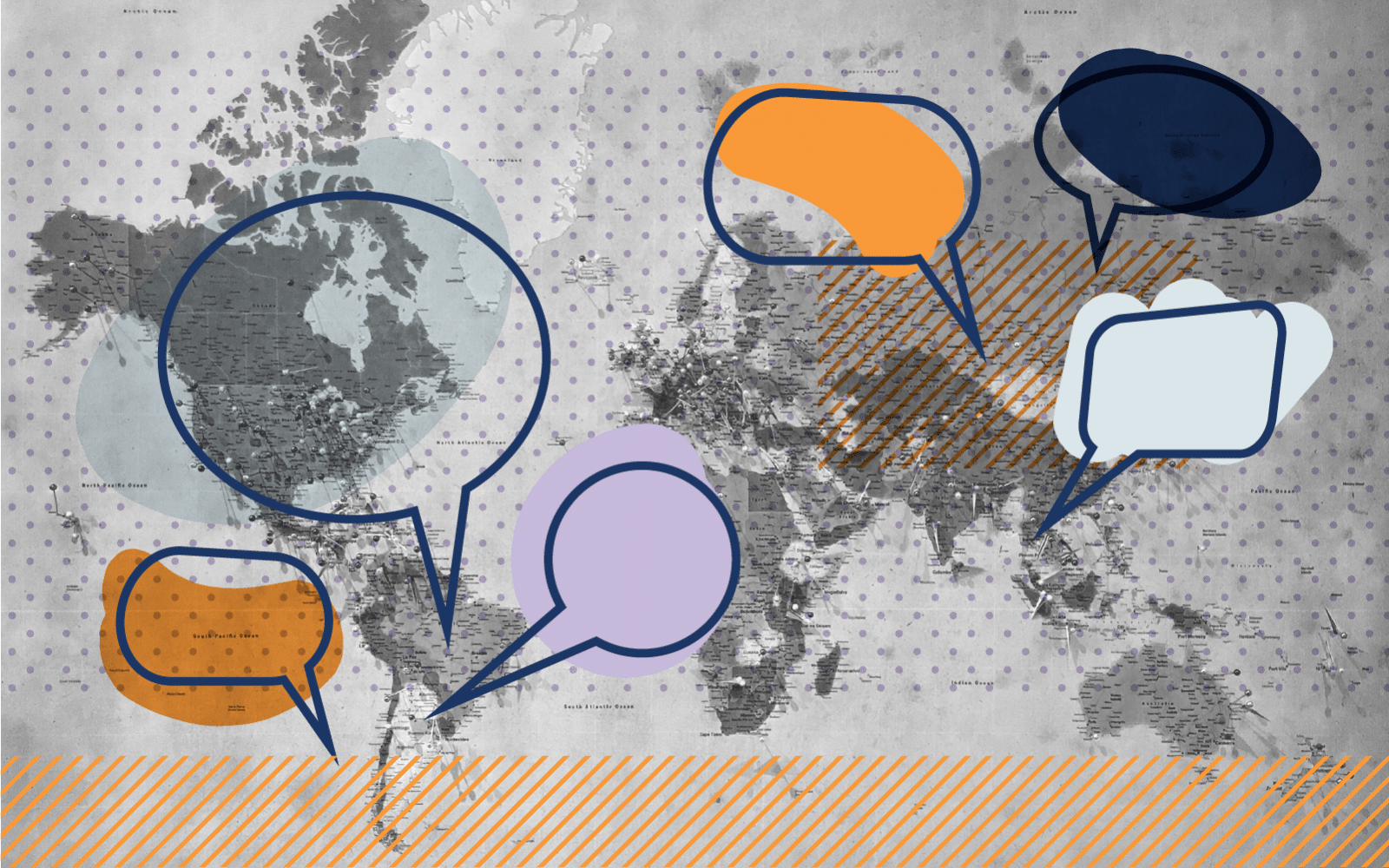Entrepreneurs are different, but do they think differently than the rest of us?

Entrepreneurs
As reported in Inc., a recent study by Saras Sarasvathy et al. compared the thought processes of corporate CEO’s and entrepreneurs. Asked to respond to questions about an imagined start-up company, subjects needed to think quickly about their strategies, goals, customer base, market position, among other topics.
Comparing entrepreneurs to Iron Chefs, Sarasvathy concluded that entrepreneurs use effectual reasoning to reach their conclusions – using an iterative process to match their on-hand resources with current contingencies to develop an ever-changing series of goals. Corporate subjects tended to use causal reasoning, setting a goal first and then seeking avenues to achieve that goal.
Social Entrepreneurs
But do such findings in entrepreneurship apply to social entrepreneurs? Lack of MRI notwithstanding, I think such findings would trend to the social sector as well.
Instead of believing that they’re boxed in by convention, social entrepreneurs continue to seek growth of their skills, their goals, and their efforts. Stanford Psychology Professor Carol Dweck’s book, Mindset, provides one clue into such a process. Prof. Dweck provides two mindset categories: individuals could be stuck in thinking that their traits and abilities are fixed, feeling that they need to prove themselves OR individuals could adopt a growth mindset, seeing their personal qualities as something worth developing.
At the Ashoka U Exchange, the Transformative Action Institute’s Scott Sherman ran a simulation on some essential skills for social entrepreneurship: resilience and luck. Resilient social entrepreneurs make luck work for them. Such findings are consistent with research undertaken by Stanford’s Albert Bandura, who wrote “Chance favors the inquisitive and venturesome, who go places, do things, and explore new activities.”
In Sherman’s seminar, I was involved in a fortuitous event. To exercise “luck” skills, we grouped into small circles and shared our interests. The first person to speak in our group of six, a student at a Changemaker Campus, talked about her passion in making the university’s dining hall more sustainable. Turns out that I recently wrote an article in Business Today about this very topic and the professor sitting to me had a copy of the periodical in hand!
I would expect that social entrepreneurs have a high degree of self-efficacy regarding their changemaking abilities – they feel that they can indeed make change happen. Indeed, in Bandura’s words, such high beliefs in one’s efficacy changes chance from “an unpredictable and uncontrollable event that must be ‘tamed.’”
The Bottom Line
Successful changemaking begins with you. You have to believe in your own ability to make great things happen for you and for your community. Cultivate a growth mindset and your personal sense of efficacy.
